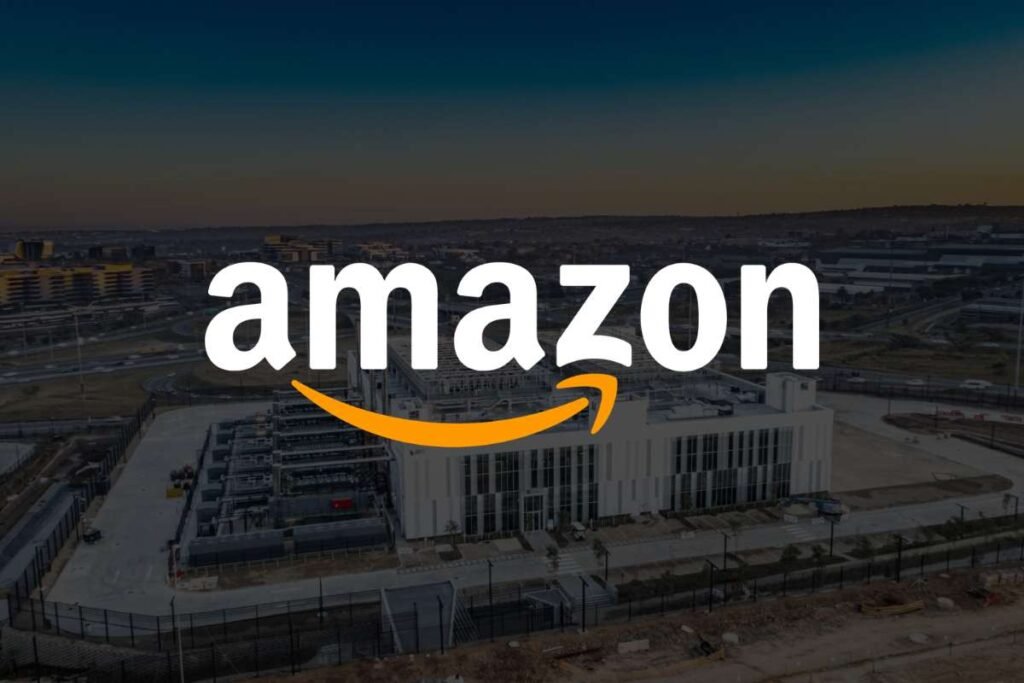Today, exceptional customer service isn’t just a bonus—it’s a necessity. With customers expecting swift, personalized support, companies are turning to innovative solutions to meet these demands. Enter customer service software, a game-changer in streamlining support processes and enhancing customer satisfaction.
What is Customer Service Software?
Customer service software, or CSS, is a comprehensive solution designed to manage, streamline, and optimize customer support operations. It encompasses a range of tools and features that aid in handling inquiries, resolving issues, and delivering top-notch service across multiple channels, such as phone, email, chat, and social media.
Key Features and Benefits
- Centralized Ticketing System: CSS typically includes a centralized ticketing system. This feature organizes and prioritizes incoming queries, ensuring no customer concern slips through the cracks. Agents can efficiently track, update, and resolve issues from a single interface.
- Multichannel Support: With the proliferation of communication channels, software that supports multiple platforms allows businesses to cater to customers wherever they are—be it email, social media, live chat, or phone calls—ensuring a seamless experience across all touchpoints.
- Automation and AI Integration: Many modern solutions incorporate automation and artificial intelligence to handle routine inquiries or repetitive tasks. AI-powered chatbots, for instance, can swiftly provide basic information or route more complex issues to human agents, boosting response times and efficiency.
- Analytics and Reporting: CSS provides valuable insights through analytics and reporting features. Businesses can analyze data on response times, customer satisfaction rates, frequently reported issues, and more, enabling them to make data-driven decisions to improve service quality.
- Integration Capabilities: Integration with other business tools like CRM (Customer Relationship Management) software allows for a seamless flow of information between departments. This fosters a holistic view of the customer, enabling agents to provide personalized and contextually relevant support.

Choosing the Right Customer Service Software
Selecting the appropriate software for your business requires careful consideration of several factors:
- Scalability: Ensure the software can accommodate your company’s growth and evolving needs.
- User-Friendly Interface: An intuitive interface is crucial for easy adoption by agents.
- Customization Options: Look for software that can be tailored to match your unique workflow and requirements.
- Security Measures: Data security is paramount. Ensure the software adheres to industry standards for protecting sensitive customer information.
- Customer Feedback and Reviews: Pay attention to reviews and testimonials from businesses similar to yours to gauge real-world performance.
Case Study: XYZ Company’s Success with Customer Service Software
XYZ Company, a growing e-commerce retailer, faced challenges in managing customer inquiries efficiently. Implementing a robust CSS solution transformed their operations:
- Streamlined Operations: The software’s ticketing system centralized all customer queries, reducing response times significantly.
- Improved Customer Satisfaction: With multichannel support and AI-driven chatbots, customers received quicker and more accurate responses, leading to increased satisfaction rates.
- Enhanced Insights: Through analytics, XYZ Company gained valuable insights into customer behavior, enabling targeted marketing and proactive issue resolution.
The Future of Customer Service Software
As technology continues to advance, customer service software is poised to evolve further. Here are some anticipated trends:
- Enhanced AI Integration: AI will play a more significant role, in handling increasingly complex inquiries with higher accuracy.
- Predictive Analytics: Predictive analytics will enable companies to anticipate customer needs and resolve issues proactively.
- IoT Integration: Integration with Internet of Things (IoT) devices will allow for more seamless and personalized support experiences.
Personalization and Customer Experience

- Personalized Support: Modern software allows for a deeper understanding of individual customers. By accessing historical data and preferences, agents can offer personalized solutions, creating a more meaningful and satisfying experience.
- Consistent Brand Experience: CSS enables consistency in brand messaging and service quality across various touchpoints. This consistency fosters trust and loyalty among customers.
Customer Service Software for Different Industries
- Retail: In retail, CSS assists in managing product inquiries, order tracking, and handling returns or exchanges efficiently, contributing to a seamless shopping experience.
- Hospitality: Within the hospitality industry, this software aids in managing reservations, addressing guest concerns, and providing information about amenities, enhancing overall guest satisfaction.
- Healthcare: Healthcare providers utilize customer service software to manage appointments, handle patient queries, and ensure efficient communication between patients and healthcare professionals.
Challenges and Solutions
- High Volume of Requests: Businesses often face a high volume of customer inquiries. Software solutions equipped with automation and AI can handle routine queries, alleviating the burden on human agents.
- Integration Complexity: Integrating new software with existing systems can pose challenges. However, customer service software providers often offer support and guidance to ensure seamless integration.
Training and Support for Implementing Software
- Training Programs: Companies investing in CSS should prioritize comprehensive training programs for employees. This ensures that they are proficient in utilizing all features effectively.
- Ongoing Support: Reliable customer service software providers offer ongoing support to address any technical issues or questions that may arise post-implementation, ensuring smooth operations.
Measuring Success and Return on Investment (ROI)

- Customer Satisfaction Metrics: Utilize metrics like Net Promoter Score (NPS) or Customer Satisfaction (CSAT) scores to gauge the software’s impact on customer happiness and loyalty.
- Efficiency and Cost Savings: Measure the software’s impact on operational efficiency, such as reduced resolution times and cost savings due to optimized processes.
The Evolution of Customer Expectations
- 24/7 Availability: Customers now expect round-the-clock availability. CSS enables businesses to provide support outside traditional working hours through chatbots or automated responses.
- Instantaneous Responses: The digital age has cultivated an expectation for immediate responses. Software solutions help in providing timely responses, catering to this need for instant gratification.
The Role of CSS in Remote Work
- Facilitating Remote Support: As remote work becomes more prevalent, customer service software enables agents to provide seamless support from any location, ensuring uninterrupted service.
- Collaboration Tools: Software often includes collaboration features that facilitate teamwork among remote agents, fostering knowledge sharing and problem-solving.
By exploring these additional aspects, businesses can gain a more comprehensive understanding of the diverse functionalities and benefits offered by CSS, ultimately empowering them to make informed decisions and optimize their customer support strategies.
Conclusion
Customer service software has become indispensable in today’s business landscape, empowering companies to deliver exceptional support experiences. By leveraging its array of features—from ticketing systems to AI-driven solutions—businesses can streamline operations, boost efficiency, and elevate customer satisfaction. Embracing these technologies isn’t just an option; it’s a strategic imperative in meeting the ever-evolving demands of the modern consumer.










